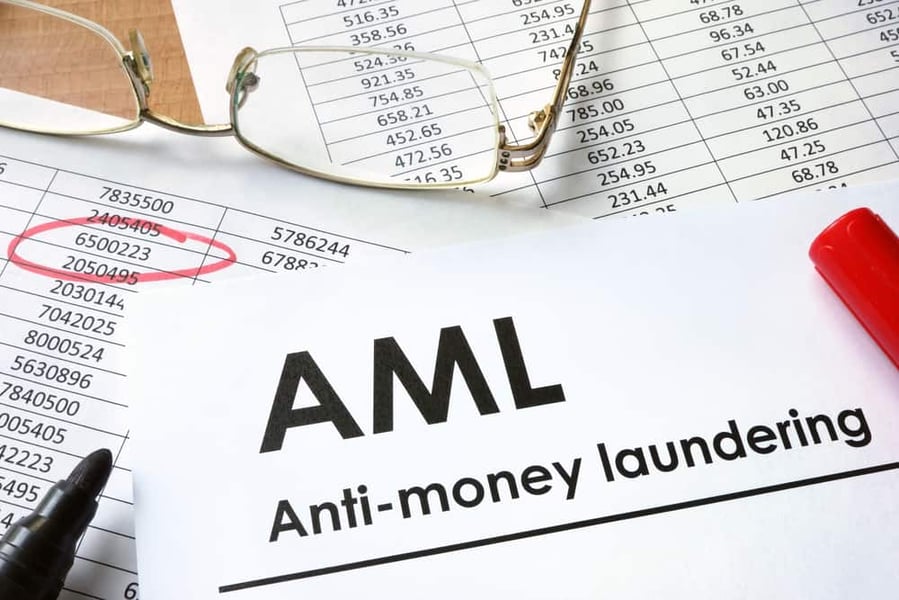
John Dobson is chief executive of SmartSearch
Last month’s Budget was delivered in extraordinary circumstances.
There’s no way of telling exactly when the coronavirus crisis will pass, or what damage it will have done to people’s health and to the economy in the meantime. Tackling that crisis has to be the first priority at the moment.
At some point, though, normality will return, so it’s important to be aware of what may have slipped under the radar in the voluminous details that accompanied the Budget.
One of these was the proposal for a new Economic Crime Levy, to be imposed on firms that are currently subject to the Money Laundering Regulations – which includes estate agents and conveyancers, for example.
It is not immediately clear what the proposed new levy is going to pay for.
The Budget also talked about beefing up Companies House, which is welcome, but there didn’t seem to be a direct linkage between the two announcements.
It is undoubtedly the case that many firms already bearing the burden of compliance with the MLRs will resent the imposition of a new levy specifically on them.
There is a case that the fight against money laundering – and financial crime in general – should be funded through general taxation, as with ‘regular’ crime.
Nonetheless, the government is to be applauded for its desire to step up anti-money-laundering efforts as it is vital that the UK preserves its reputation as a safe place to invest and do business.
Recent reports citing London – and the property market especially – as the ‘money laundering capital of the world’ are not what is needed as we look to forge a new place for ourselves in the world post-Brexit.
The Treasury has promised a consultation on the proposals ‘later in the spring’ and it will be important that the government uses that opportunity to spell out exactly why it believes the levy is needed and what it is going to pay for.
It should also set out an approach to implementing the levy that rewards firms which have sound processes in place that reduce the risk that they will be successfully targeted by money launderers.
The government itself has said it wants to incentivise the adoption of electronic ID verification; this is an ideal opportunity to do that by using a risk-based approach to the proposed new levy.
Firms that are continuing to rely on manual checks do not benefit from the additional features a modern AML solution can provide, including not just full screening against Sanctions and Politically Exposed Persons lists, but also ongoing monitoring, alerting them to any changes in status.
This leaves them much more exposed to potential money-laundering activity, and they therefore present a greater risk.
It is only right that firms that have put in place a robust, modern approach to AML should not have to pay for those that are trying to get by with outdated processes.
The structure of any new levy needs to reflect this.



